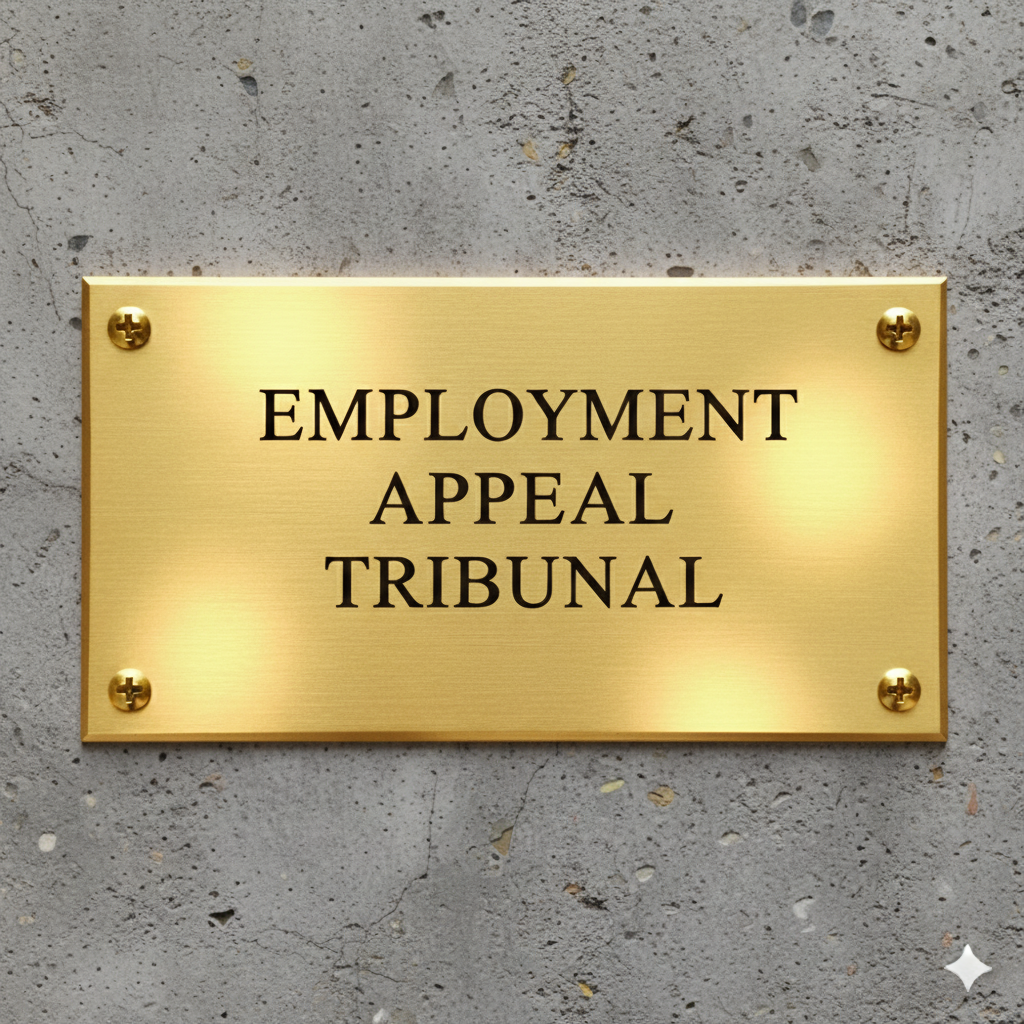Tribunal Decision Overturned: Employee's 'Ready, Willing, and Able' Status Remitted for Rehearing
The Employment Appeal Tribunal overturned a ruling favouring an employee, citing an error in the burden of proof regarding his readiness, willingness, and ability to work. The case has been remitted for a new hearing.
• public
Employment Appeal Tribunal Remits Case Over Burden of Proof
The Employment Appeal Tribunal (EAT) has overturned a decision by the West Midlands Employment Tribunal in the case of BS Eaton Limited v Mr A Hughes [2025] EAT 140. The original tribunal had upheld Mr Hughes’ claim of unlawful deduction of wages, amounting to £4,755.58.
The core issue revolves around the period between 22 June 2020 and 30 August 2020, following a period of layoff due to COVID-19 and subsequent suspension after Mr Hughes made allegations and used offensive language towards senior management. The Employment Tribunal initially found that Mr Hughes should have been paid his full wage during this period, arguing the burden was on BS Eaton Limited to prove he was not ready, willing, and able to return to work.
Error in Law: Burden of Proof Misapplied
John Bowers KC, Deputy Judge of the High Court, presiding over the EAT, found that the Employment Tribunal erred in its application of the burden of proof. According to established case law, including North West Anglia NHS Foundation Trust v Greig [2019] ICR 1279 and Miles v Wakefield MBC [1987] ICR 368, the onus is on the employee to demonstrate that they were indeed ready, willing, and capable of working when challenged.
The EAT acknowledged that the Tribunal had highlighted Mr Hughes' withdrawal from a mediation process initiated by BS Eaton Limited to facilitate his return to work. Mr Hughes cited concerns over confidentiality and a perceived lack of investigation into his initial allegations as reasons for withdrawing.
Remitted for Rehearing
Despite arguments presented by Mr Hughes, the EAT concluded that the misdirection regarding the burden of proof was crucial to the original decision. The case has been remitted back to the same Employment Tribunal to determine whether, under the correct legal framework, Mr Hughes was genuinely ready, willing, and able to work during the relevant period.
The EAT stipulated that the rehearing should be a concise matter, focusing solely on the 'ready, willing and able' aspect, and that existing factual findings remain binding.
Read the entire judgement here: BS Eaton Limited v Mr A Hughes
